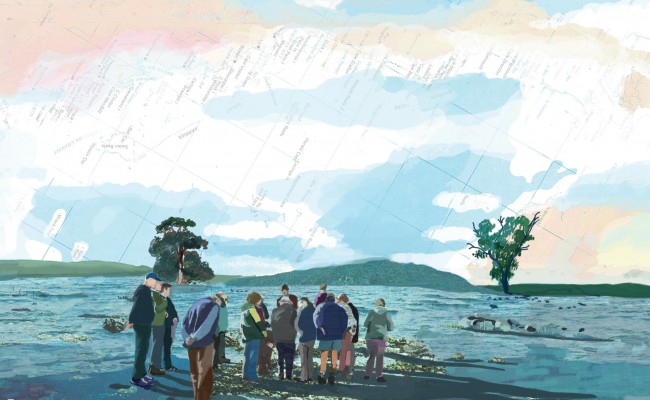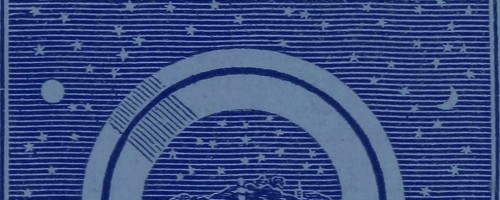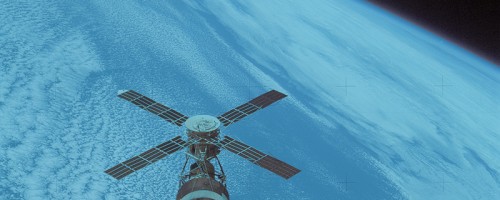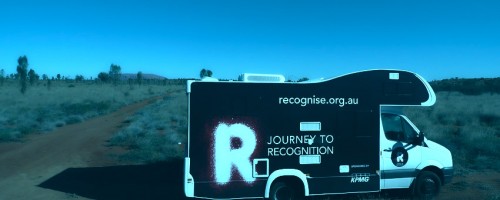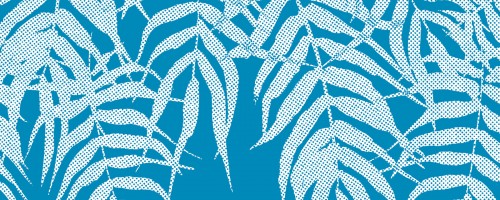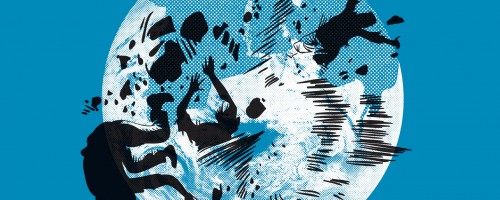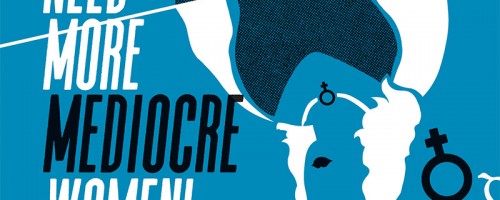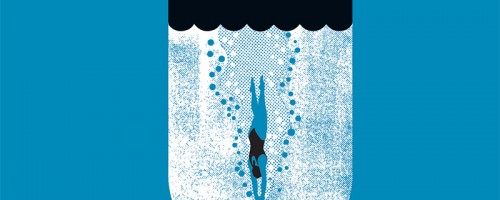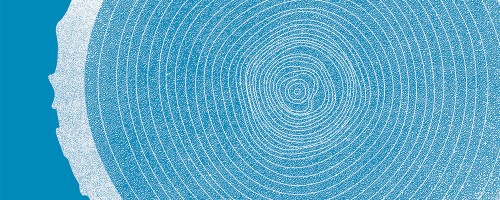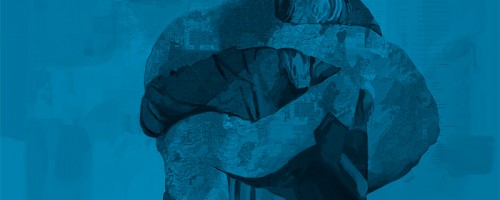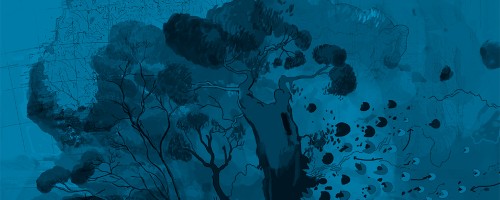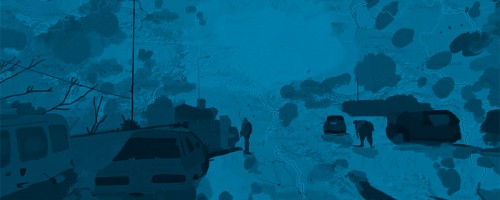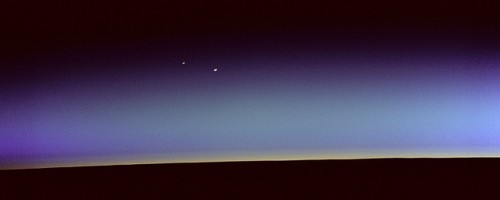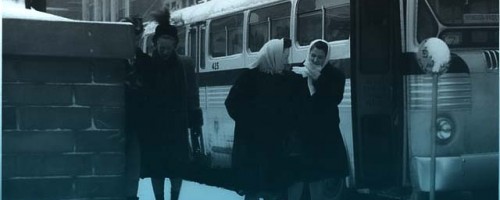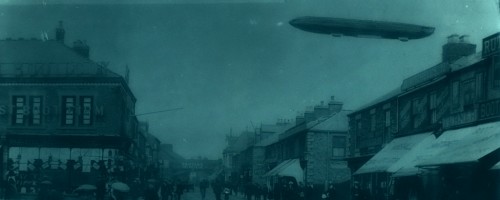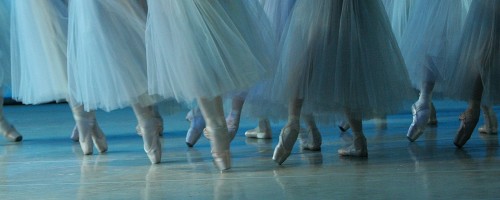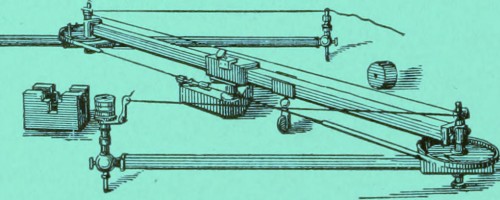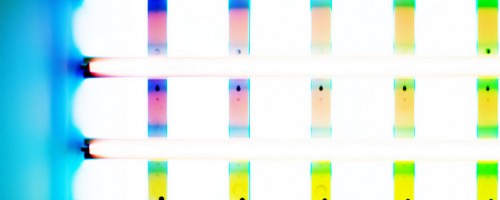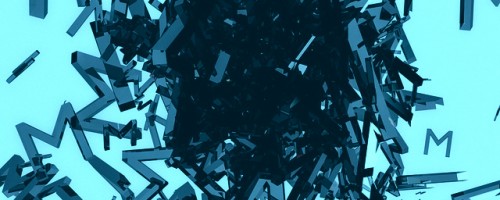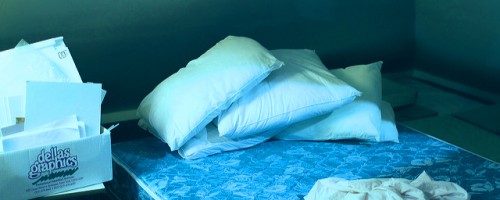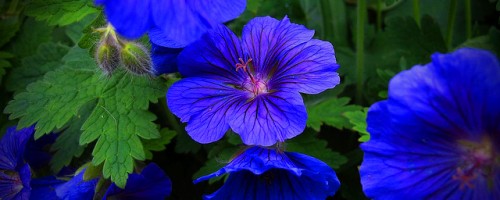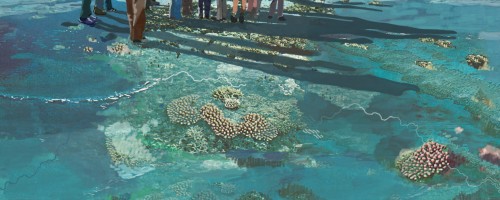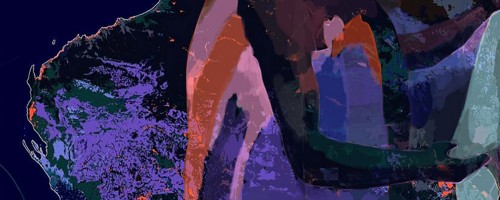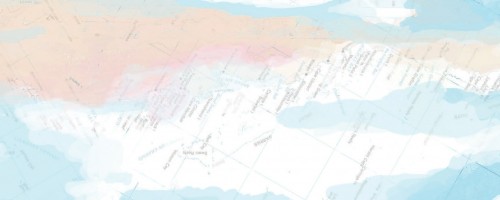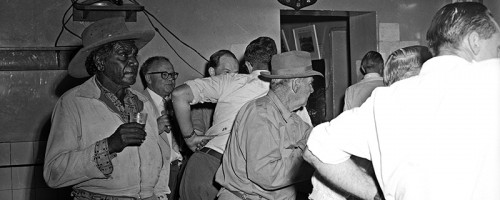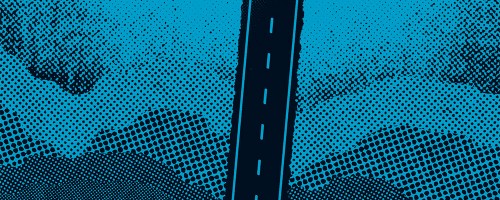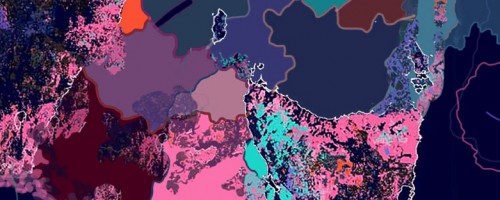Look, it hasn’t been a great year for women artists. But let’s be frank: it very rarely is.
In January, the Australian Book Review launched its inaugural Gender Fellowship, which asked a writer to produce an article on gender in contemporary Australian letters, only to later decide that none of the applicants had met the criteria ‘in sufficiently new or compelling ways’. Leaving aside ABR’s poor judgement in launching a gender fellowship dictating recipients must write about gender issues, the magazine then announced that the initial applicants weren’t good enough on International Women’s Day.
One of three banned books
Euthanasia remains a polarising topic. It garners popular support, incites expert opposition and sparks heated water-cooler discussions in offices around the country. Why? Because death is the one issue that affects everyone.
Euthanasia is illegal in Australia (with the recent exception of Victoria). While it’s not a crime to take your own life, it’s a crime to assist in the act. For a brief period, the Northern Territory’s Rights of the Terminally Ill Act 1995 permitted assisted dying – the first law in the world to do so – but was later voided by the Euthanasia Laws Act 1997, a move by the federal parliament to bring the matter back under its jurisdiction.
